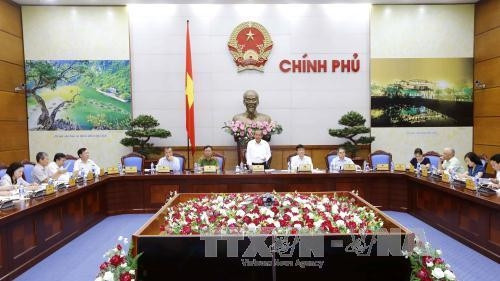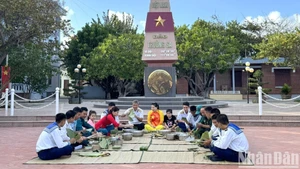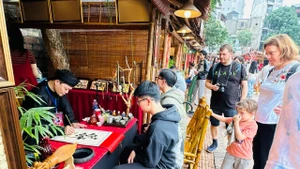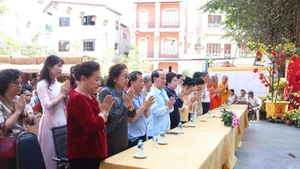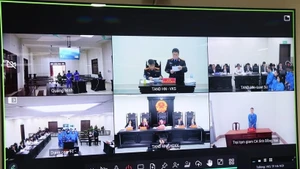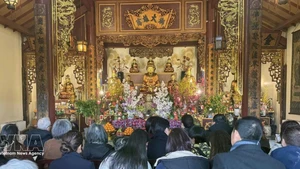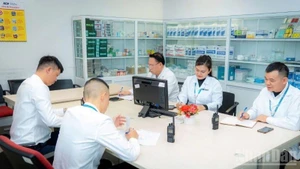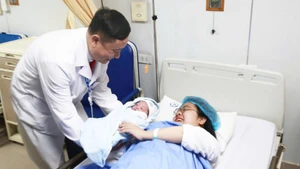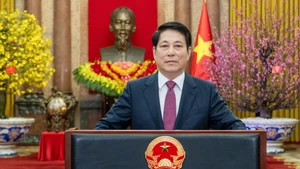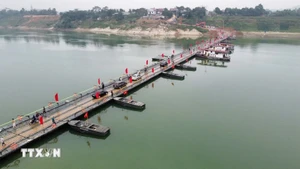According to a report presented Deputy Minister of Justice Dinh Trung Tung, the Ministry of Justice in coordination with the Ministry of Public Security (MoPS) to implement a pilot project allowing parents register for their children's birth certificate and a citizen identification number online at people’s committees at grassroots levels.
Accordingly, Hanoi, Hai Phong, Da Nang and Ho Chi Minh City have begun registering birth certificates and issuing citizen identification numbers to infants, in which every infant receives a 12-digit number that is valid for life starting January 1, 2016 (the time the laws on civil status and citizen ID card took effect).
Upon receiving all necessary documents, local judicial and civil officers record the information in the register of civil status book, and then update the national electronic database on population to obtain personal identification numbers.
According to Lieutenant General Tran Van Ve, Deputy Director General of the General Police Department under the MoPS, since January 1, the ministry has issued personal ID number cards to more than 1.3 million citizens in 16 cities and provinces across the country.
Speaking at the session, Deputy PM Truong Hoa Binh emphasised that the master plan helps accelerate the application of information technology in administrative procedures; reduces paperwork for citizens and contributes to raising the effectiveness and efficiency of State management in all areas of social life and speeds up the development of e-Government in Vietnam.
He asked ministries, ministerial-level agencies and government agencies to co-ordinate with MoPS to collect and update population data, and build specialised databases to ensure connectivity with the national database.
People’s committees of centrally run cities and provinces shall co-operate with relevant departments, sectors and units to collect, update and extract information for the national database he noted.
